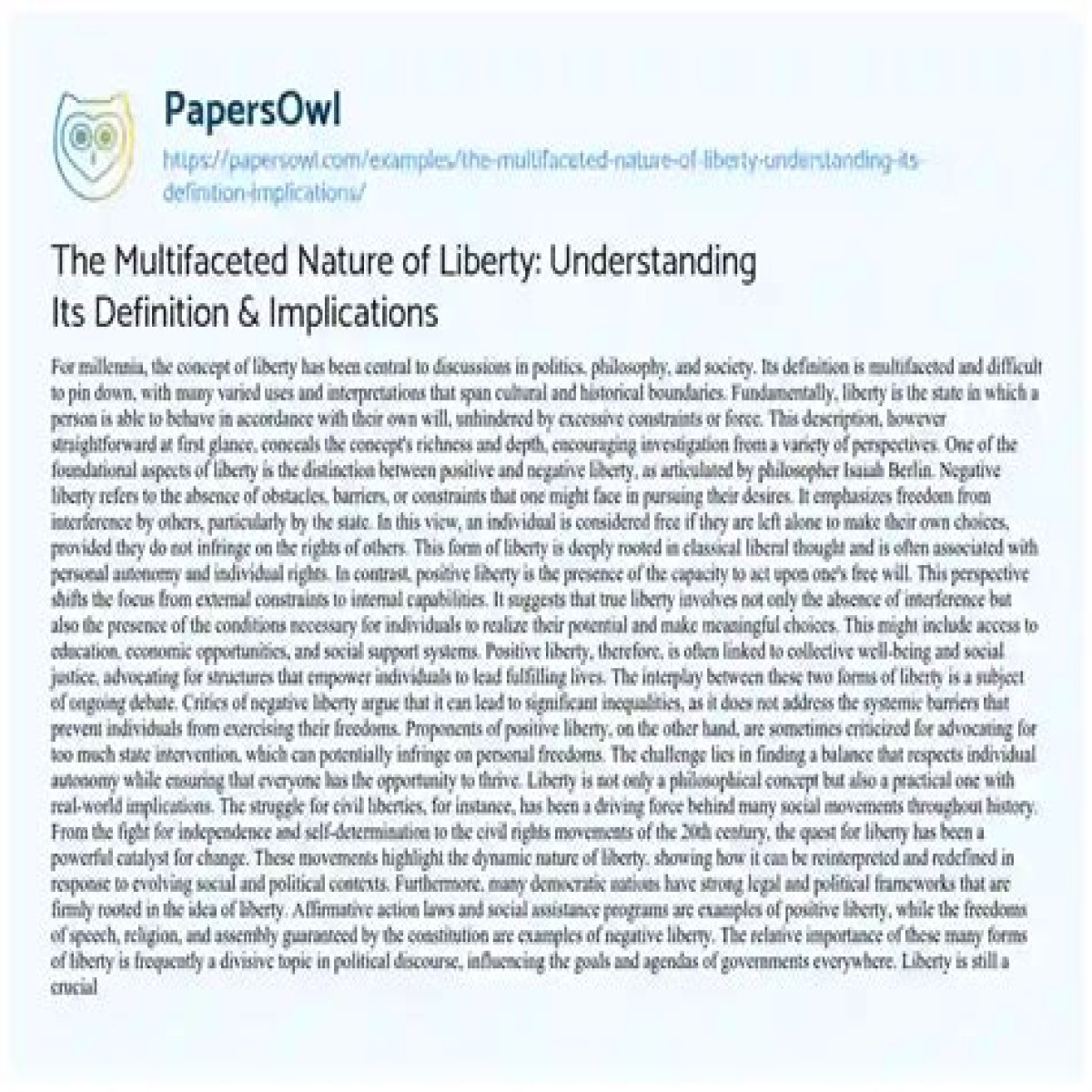Gyp is a term that has woven itself into the fabric of various contexts, from its origins in the Romani language to its modern applications in everyday conversation. The word evokes a sense of deception, trickery, and even disappointment, depending on how it's used. It can describe anything from a minor inconvenience to a more significant betrayal, often with a humorous twist. As we delve deeper into the meaning of gyp, we will explore its history, applications, and the cultural significance it has accrued over time.
The evolution of the term gyp is fascinating, as it reflects changes in language and societal attitudes. Initially, it was associated with discriminatory stereotypes against the Romani people, but over time, its usage has shifted to a more generalized term for being cheated or swindled. Understanding gyp in this context allows us to appreciate the nuances of language and the importance of being sensitive to its origins.
In today’s world, gyp can appear in various scenarios, from everyday situations to more significant life events. Whether you feel like you’ve been gypped out of a fair deal or a friend’s betrayal has left you with a sense of loss, the term encapsulates a range of emotions. This article will explore the many facets of gyp, including its origins, how it’s used today, and what it signifies in different contexts.
What Are the Origins of the Term Gyp?
The term gyp is believed to have originated from the word "Gypsy," which is an outdated term for the Romani people. This connection underscores the unfortunate reality that language often carries the weight of history, including prejudices and stereotypes. The exact origins are debated, but many believe it emerged in the early 20th century, particularly in the United States.
How Has the Meaning of Gyp Changed Over Time?
Initially associated with the Romani community, the meaning of gyp has evolved to signify being cheated or swindled in a more general sense. This shift highlights how language can transform over time, often shedding its original connotations while adopting new ones. Today, gyp is commonly used in casual conversations to describe minor disappointments or frustrations.
Is Gyp Considered Offensive?
While many people use gyp casually, it's essential to recognize that the term can be considered offensive by some. Its roots in the derogatory term for the Romani people mean that using it can perpetuate harmful stereotypes. As we become more aware of the implications of our language, it’s crucial to evaluate whether using terms like gyp is appropriate in various contexts.
How Is Gyp Used in Popular Culture?
Gyp has found its way into various forms of popular culture, including literature, film, and music. Often employed to add a layer of humor or irony, the term appears in dialogue to express frustration or disbelief when someone feels wronged. The use of gyp in pop culture helps to normalize the term, but it also raises questions about its implications.
Are There Synonyms for Gyp?
Yes! There are several synonyms for gyp that convey a similar meaning. Some of these include:
- Cheat
- Swindle
- Defraud
- Con
- Rip-off
These synonyms can be used interchangeably in various contexts, but it's essential to consider the audience and setting before choosing which term to use.
What Are Some Real-life Examples of Being Gypped?
Many people can relate to experiences of feeling gypped. Here are a few common scenarios:
- Paying for a service that was never delivered.
- Buying a product that turned out to be defective.
- Being promised a promotion that never materializes.
- Receiving less change than expected after a purchase.
These examples highlight the emotional weight that comes with being gypped, whether in a small or significant way.
What Can We Learn from the Concept of Gyp?
The concept of gyp teaches us valuable lessons about trust, communication, and responsibility. Understanding the implications of the term can help us navigate our relationships and interactions more thoughtfully. Recognizing when we might be gypped, whether in business or personal matters, allows us to advocate for ourselves and others.
How Can We Avoid Getting Gypped?
To avoid feeling gypped, consider the following tips:
- Do thorough research before making purchases.
- Read reviews and testimonials from others.
- Trust your instincts when something feels off.
- Communicate openly about expectations.
By being proactive, we can minimize the chances of experiencing disappointment and betrayal.
Conclusion: The Ongoing Relevance of Gyp
In summary, gyp is a term that carries historical weight and contemporary relevance. Its evolution reflects shifts in language and societal attitudes, making it a fascinating subject of study. While it can be used humorously in casual conversation, we must remain aware of its origins and potential offensiveness. As we navigate our lives, understanding the implications of being gypped can empower us to build stronger, more trusting relationships.
Unveiling The Life Of Selena Vargas Green: A Journey Of Passion And InspirationUnveiling The Charismatic Journey Of Johnathon KnightExploring Olivia Cooke's Personal Life: Who Is Her Husband?
